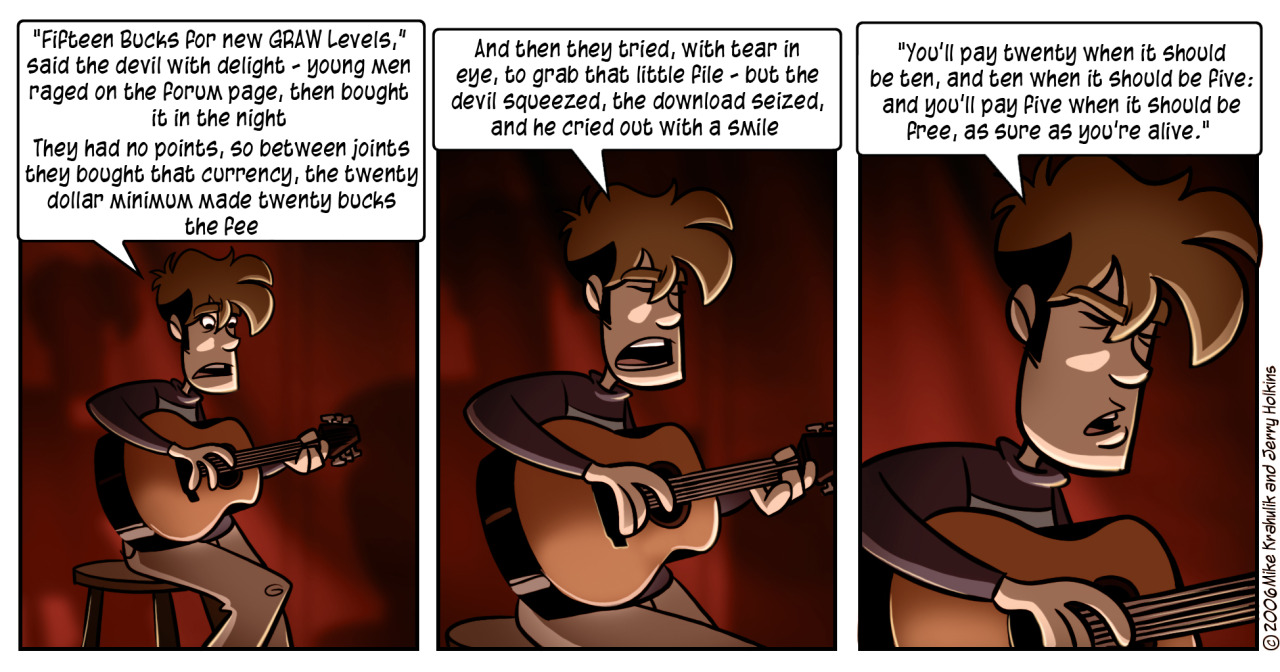@slatestarscratchpad responds to an annoying Current Affairs article about a link he made on airlines.
4. Current Affairs wrote an article riffing off one of my links posts. I don’t think I can pad my response to the length of an entire blog post, but I want to address it here: I stand by my original sarcasm. I said it was silly to be angry at airlines offering a lower-fare standing option, since it’s just adding another choice to your list of choices. CA said I didn’t realize that actually some people are very poor and so couldn’t afford anything but standing room. I do realize that. My whole point was that if you are too poor to afford sitting fare, your only choice used to be “never fly”. Now it is “never fly” or “pay the affordable standing fare”. This is a gain for poor people, and in fact only for poor people (rich people will just sit regardless). This complaint reminds me of those people who put spikes on benches so that homeless people cannot sleep on them. It is true that in a perfect world nobody would have to sleep on benches. But you are not creating that world. You are just making sure homeless people can’t sleep anywhere. Likewise, in a perfect world nobody would have to stand up on flights. But you are not creating that world. You’re just making sure poor people can’t fly at all. If you want to help the poor, give them more money, not fewer options.
@slatestarscratchpad ‘s rejoinder makes a bad-point-wittily, that you very often see from neoliberal or libertarian advocates. (And to be clear, the Current Affairs article he got dissed by, is completely incoherent and useless.*) You see this same logic from Matt Yglesias about mandatory parking minimums, or from Tyler Cowen, etc. Why would people, especially poor people with limited options, ever want there to be less choices at the low end of the spectrum?
The answer is so blindingly obvious that it’s clear none of the above put themselves in the shoes of the poor people they are trying to advocate for: because they don’t trust it.
The average working class consumer is cynical, pragmatic, conservative (in the small-c sense), and believes prices and wages are sticky. Their rough economic model is:
- Seats currently cost $150, come with a chair, and the airline makes $1 billion profit.
- With this new innovative pricing scheme, you will stand, seats will cost $150, and the airline will make $2 billion profit.
- The price won’t actually go down. Consumer just straight out loses out.
Same with why locals defend mandatory parking minimums. According to pro-development advocates, if you make parking less scarce, then rent will be a little cheaper because the greater availability of parking was operating as a sort of benefit you indirectly paid for. Except, whoops, in the practical and immediate case, rent ain’t going to fall, you’re just going to have more cars clogging your street.
One one hand, this is sometimes true. Especially if for some reason the price isn’t very liquid (like, say, because of rent control), then you are really bargaining with the sellers over side benefits. Or if the seller is a monopolist, and all new revenue just goes straight into profit instead of increasing quality to make the product more attractive. In economics terms, we call this “sticky”, and it’s extremely important for understanding the day-to-day experience of the economy.
On the other hand, sometimes it really isn’t true. Especially in the long term, pressuring companies to provide more, just means the price will be higher. Airlines used to be a hell of a lot more luxurious, and also way more expensive. On the abstract scale, the economists aren’t complete idiots.
But they completely fail to drop this academic mindset when talking about people directly effected in the short term by a change.

In any case, airline tickets or parking minimum’s effect on rental prices, the actual price change will be based on the context, and there’s no absolute rule here. For sure, sometimes the consumer advocates are wrong. But also they’re right, and instead of writing articles and posts about how “capitalists are always evil” or “leftists are always short-sighted” you really do have to say “what do we expect the actual impact of this specific change on the consumer will be? What do they personally believe it will be? Oh, do they distrust large corporations and expect to get screwed? Yeah, they might have a point.”
(And this was an awfully long post to say “people don’t think they’ll get cheaper fares, just crappier conditions”, but like, you have to lay out the paragraphs of logic so that neoliberal/libertarian thinkers internalize that cynicism and can come up with it on their own in the future.)
***
* Dear god it’s just really bad. If neolibs are annoying in some predictable ways, the standard bearers of the left are even more annoying in how they reduce any problem of exploitative systems to “no, you just haven’t thought about how evil and pig-eyed the super rich are.” Robinson is on one hand treating the reader like a member of the upper-class who can’t understand why these trade-offs are annoying, but also defining the upper-class around the experience of buying a $2000 Tiffany clickbait paperweight. It’s all “you don’t understand privilege maaaan” when, like, you could have convinced your target audience by saying “How do you feel when ISP’s claim that getting rid of net neutrality will mean they can give you more options?”
No comments:
Post a Comment